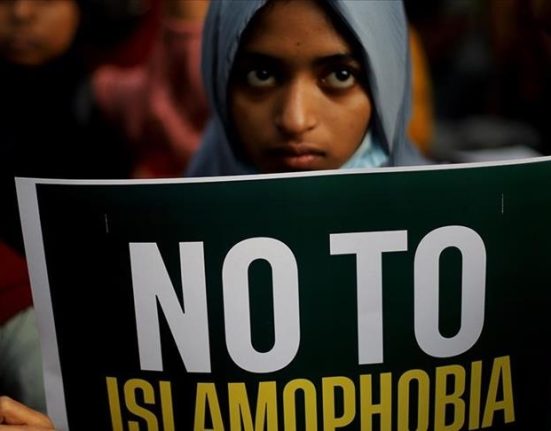Arnold Yasin Mol, a respected lecturer and doctoral researcher in Islam and Comparative Philosophy, has shed light on the entrenched nature of Islamophobia within the political, legal, and social fabric of the Netherlands, warning that Muslims in the country are constantly forced into a defensive position about their faith.
Speaking during an exclusive conversation with TRT World, Mol pointed out that Muslims in Dutch society are often compelled to go out of their way to prove that Islam is peaceful and non-threatening, a burden he described as both unfair and counterproductive. He noted that this defensive posture stems from widespread suspicion and systemic discrimination that has been normalised over time.
“The problem with that as well is you become very apologetic. You try to show that Islam is a safe religion,” Mol explained. According to him, this constant need to justify one’s religious identity reveals how deeply embedded anti-Muslim sentiment is, not just among citizens, but within state institutions as well.
The scholar went on to stress that Islamophobia in the Netherlands is not limited to isolated hate crimes or media stereotypes. Instead, he described it as an ideological structure that influences public policy, judicial interpretations, and even the national discourse around integration and security. He argued that policies and rhetoric often portray Muslims as inherently foreign, despite many being born and raised in the country.
Mol, who has conducted extensive research on religious philosophy and European secularism, warned that such systemic bias leads to marginalisation and exclusion, particularly of Muslim youth. He called for a broader societal reflection on the colonial legacy and historical narratives that continue to shape public attitudes toward Islam in Europe.
In recent years, the Netherlands has witnessed a rise in right-wing populism, with several political parties openly campaigning on anti-immigration and anti-Islam platforms. This has translated into laws and political proposals that disproportionately target Muslim communities, including restrictions on Islamic dress, surveillance of religious institutions, and limited space for cultural expression.
Mol’s remarks reflect growing concerns among human rights organisations and Muslim advocacy groups, who have long criticised the double standards in European democracies when it comes to religious freedom. While freedom of speech and belief are constitutional rights, they argue that Muslims often face limitations on how those rights are applied in practice.
As debates around national identity, integration, and multiculturalism continue across Europe, scholars like Arnold Yasin Mol are calling for a more honest engagement with the structural biases embedded in state systems — and for policies that affirm, rather than question, the citizenship and dignity of Muslim populations.

